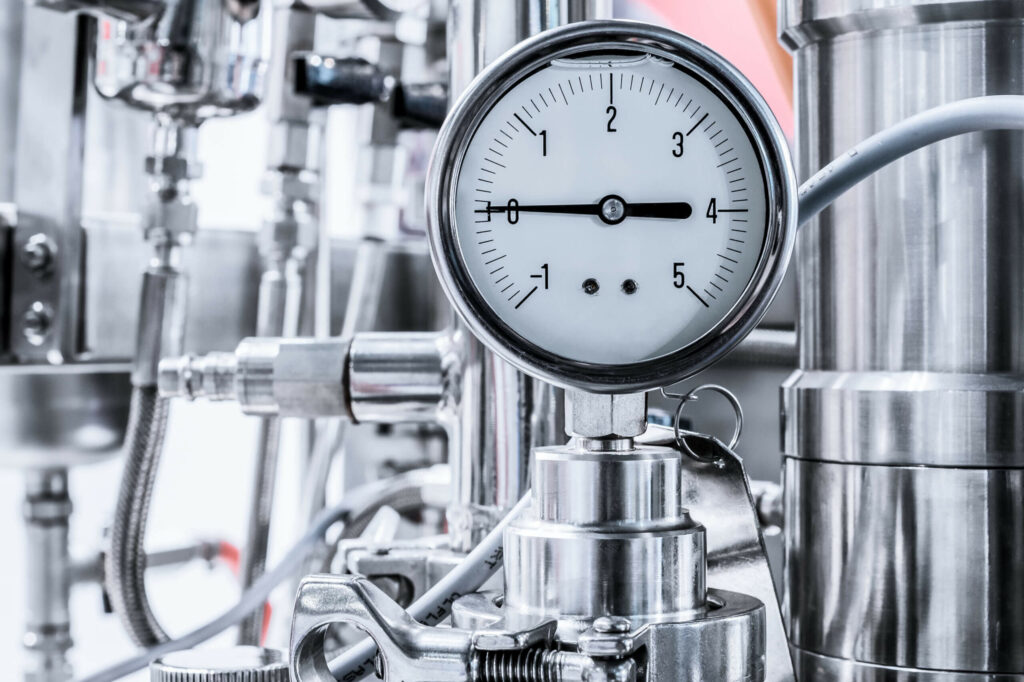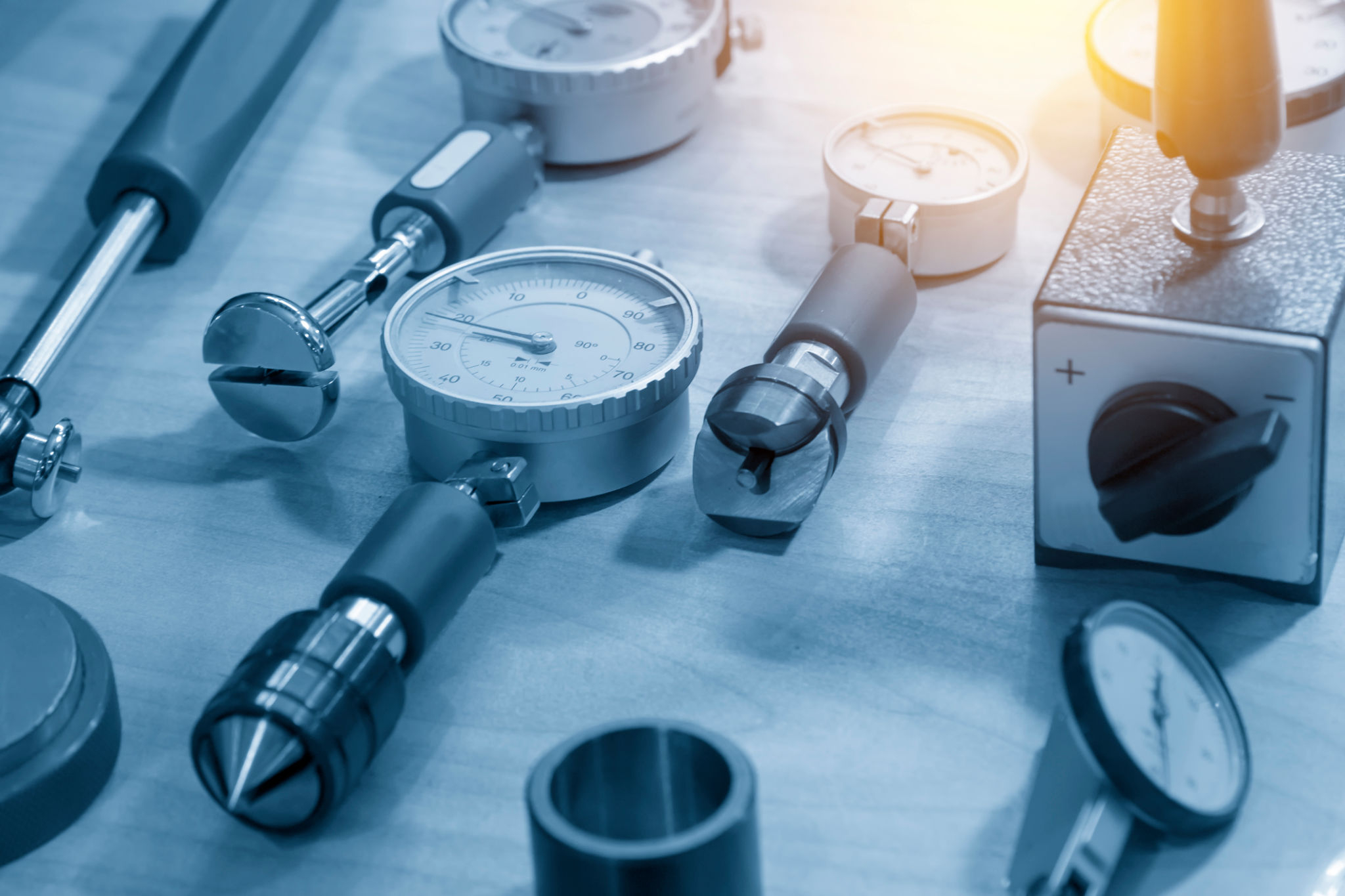In industries ranging from healthcare to manufacturing, the precision and accuracy of measurements are crucial. Regular instrument calibration is a fundamental practice to ensure that measurements are reliable and meet the necessary standards. Here’s why regular calibration is indispensable for accurate measurements.

Ensuring Accuracy and Precision
Accuracy refers to how close a measurement is to the true value, while precision indicates the consistency of repeated measurements. Over time, instruments can drift from their original calibration due to wear and tear, environmental factors, or other influences. Regular calibration corrects this drift, ensuring that the instruments provide accurate and precise measurements.
Compliance with Standards and Regulations
Many industries are governed by strict standards and regulations that require regular calibration of measuring instruments. For instance, in the pharmaceutical industry, the FDA mandates regular calibration to ensure product quality and safety. Compliance with these standards not only avoids legal issues but also builds trust with customers and stakeholders.
Preventing Costly Errors
Uncalibrated instruments can lead to inaccurate measurements, which can have costly repercussions. In manufacturing, this might result in defective products, leading to waste and financial loss. In healthcare, incorrect measurements can have severe consequences on patient safety. Regular calibration helps prevent such errors, saving time and money in the long run.
Maintaining Consistency in Production
For industries like automotive and aerospace, consistency in production is vital. Even slight deviations in measurements can affect the performance and safety of the final product. Regular calibration ensures that every part produced meets the exact specifications, maintaining consistency and quality throughout the production process.
Optimizing Performance and Efficiency
Calibrated instruments operate at their optimal performance levels. This not only ensures accurate measurements but also enhances the efficiency of operations. For example, in the energy sector, precise measurements are critical for optimizing the performance of equipment and ensuring efficient energy use. Regular calibration thus contributes to overall operational efficiency.
Extending the Lifespan of Instruments
Regular calibration and maintenance can extend the lifespan of measuring instruments. By identifying and addressing potential issues early, calibration prevents damage and reduces the need for frequent replacements. This proactive approach to instrument care is cost-effective and ensures long-term reliability.
Supporting Data Integrity
In data-driven industries, the integrity of collected data is paramount. Calibration ensures that the data gathered from instruments is accurate and reliable. This is particularly important in research and development, where data integrity can influence the outcomes of experiments and studies. Regular calibration supports the credibility and validity of data.
Building Customer Confidence
For businesses, demonstrating a commitment to quality through regular instrument calibration builds customer confidence. Customers are more likely to trust products and services that are backed by precise and accurate measurements. This trust is essential for building long-term relationships and a positive reputation in the market.
Conclusion
Regular instrument calibration is not just a technical requirement; it’s a critical practice that underpins the accuracy, efficiency, and reliability of operations across various industries. By ensuring accurate measurements, businesses can comply with standards, avoid costly errors, maintain consistency, optimize performance, extend the lifespan of instruments, support data integrity, and build customer confidence. Investing in regular calibration is investing in the quality and success of your operations.
FAQs (Frequently Asked Questions)
What is instrument calibration?
Instrument calibration is the process of adjusting and verifying the accuracy of measuring instruments to ensure their readings are within specified tolerances. This involves comparing the instrument’s measurements with a known standard and making necessary adjustments.
How often should instruments be calibrated?
The frequency of calibration depends on several factors, including the type of instrument, its usage, and industry standards. Some instruments may require calibration annually, while others might need it more frequently. It’s important to follow manufacturer recommendations and industry guidelines.
What are the consequences of not calibrating instruments regularly?
Neglecting regular calibration can lead to inaccurate measurements, resulting in defects, non-compliance with regulations, increased costs, safety risks, and loss of customer trust. It can also affect the overall efficiency and reliability of operations.
Can I calibrate instruments myself, or do I need a professional service?
While some basic calibration tasks can be performed in-house, it’s often best to use professional calibration services. These services have the expertise, equipment, and standards required to ensure precise and accurate calibration, especially for complex instruments.
How does regular calibration benefit the healthcare industry?
In healthcare, regular calibration ensures that diagnostic and therapeutic equipment provides accurate readings, which are crucial for patient safety and effective treatment. It helps avoid misdiagnosis and improper treatment caused by faulty measurements.
Author Bio
Mr. Parthiv Kinariwala is a leading expert in calibration and testing services, with over 20 years of experience in the industry. As the founder of Prism Calibration, established in 2004, Mr. Kinariwala has been at the forefront of delivering precise and reliable calibration, testing, and validation solutions across various industries. His expertise in providing services that meet international calibration standards has earned the trust of major clients, including Reliance Industries, Zydus Cadila, Indian Oil, ONGC, Adani, and Tata.
With a deep understanding of instrumentation, measurement accuracy, and industrial testing, Mr. Kinariwala ensures that each client receives exceptional service tailored to their specific needs. His unwavering commitment to quality and precision has established Prism Calibration as a trusted partner for some of the largest and most respected organizations in the industry.







